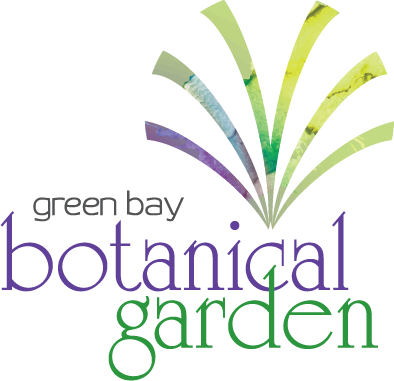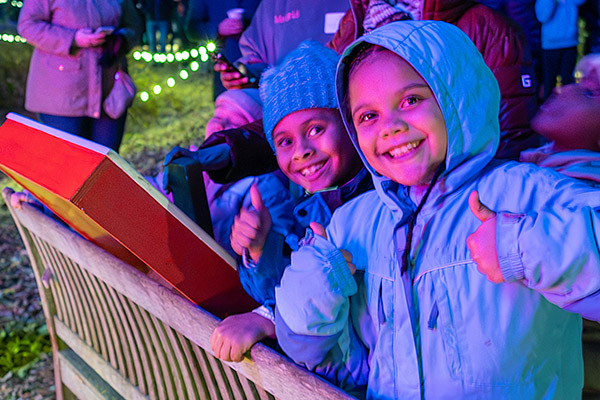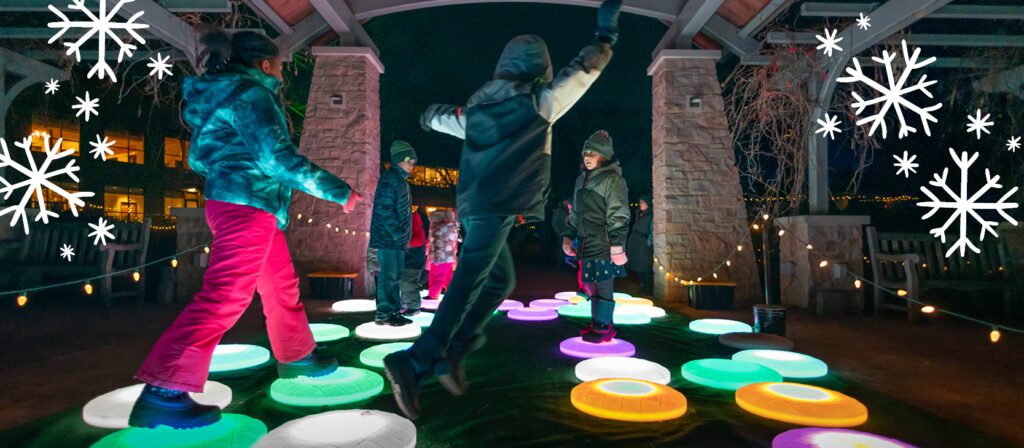In an attempt to enjoy a beautiful summer day, crawling and buzzing insects can be so bothersome to the point that reaching toward a fly swatter is involuntary. However, most of the creatures that tend to annoy us or cause a ruckus during these warm months are actually essential pollinators!
Here are five insects that are not as commonly recognized as pollinators (and not as appreciated!) by humans:
Mosquitoes
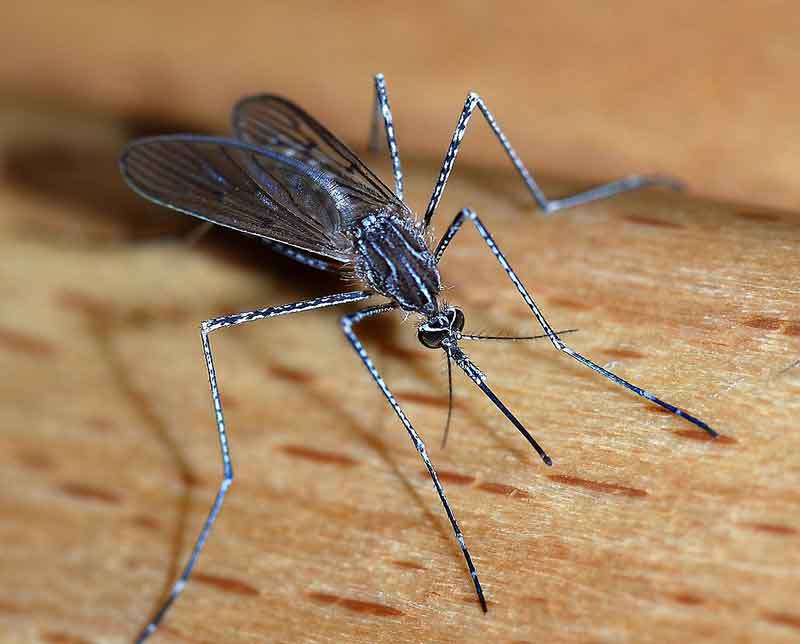

These creatures leave a nasty impression – one that’s evident by big itchy bumps that remain on human skin for days. But it’s actually only female mosquitoes that feed on blood, and they only bite when they have to lay eggs on water! In reality, mosquitoes prefer to drink nectar, as both male and female mosquitoes have nectar before they mate. Mosquitoes are known to pollinate certain orchids and are suspected of pollinating other plants as well.
Flies
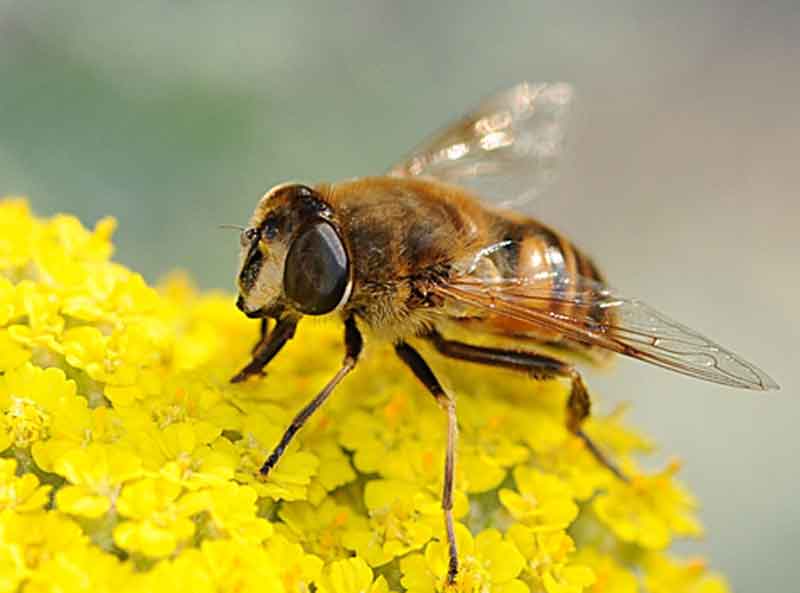

Drone flies, hover flies and march flies are just some species that are vital to crop pollination and the pollination of native plants. In some instances, flies help out with parts of the pollination process that bees cannot. Drone flies (which are often mistaken for bees because of their black and yellow stripes) pollinate carrots and cabbages, which bees are less interested in. Flies also pollinate in alpine or artic habitats areas where bees are less active.
Beetles
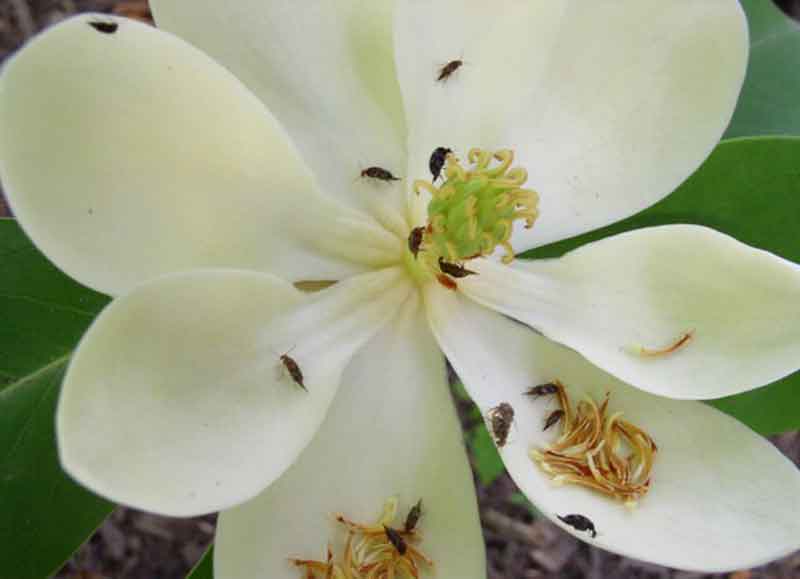

Unlike most pollinators that drink nectar when they visit flowers, beetles chew and consume parts of the plant they pollinate and leave their droppings behind. There are not many plants pollinated primarily by beetles, but the flowers that do depend on these insects typically have spicy, fermented or decaying scents. Fun fact: beetles are the main pollinator of our magnolias! Find out more about our magnolia collection.
Some types of beetles feed off of flowers during the day, while others eat during the night, but the beetles that are active during the day include flower and striped longhorns, two-spined and four-spined weevils, and red-winged lycid beetles.
Wasps
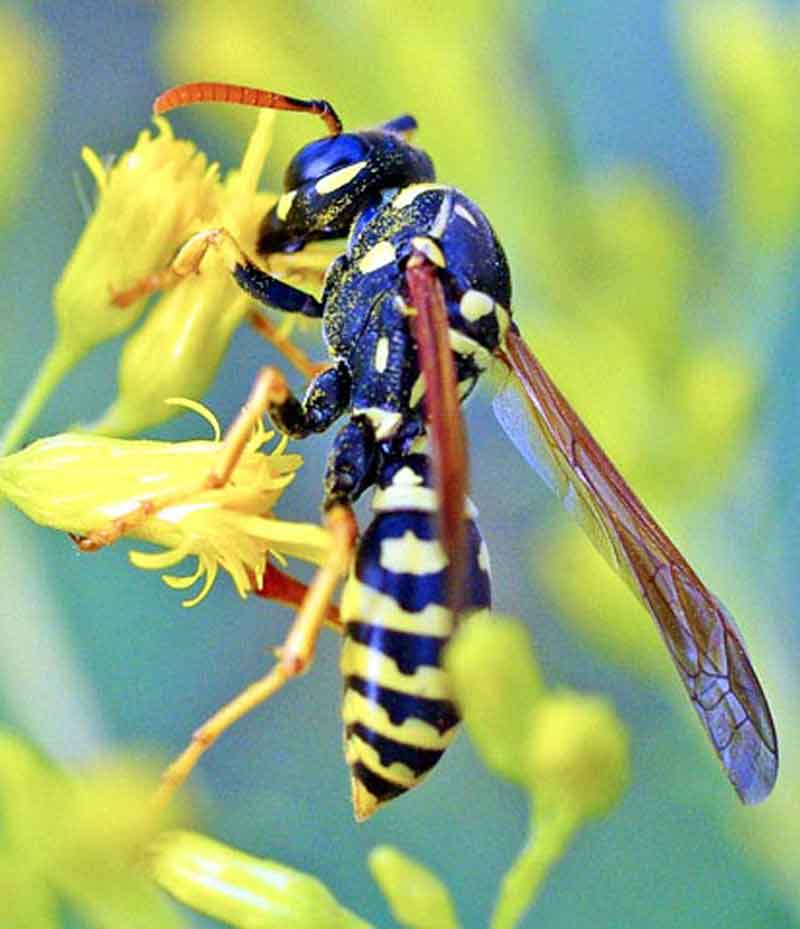

Wasps lack the body hairs that bees have to carry pollen. You would think that this means they are less qualified to be pollinators, but there are indeed a few wasp species that can pollinate! Pollen wasps feed nectar and pollen to their young and fig wasps pollinate the tiny flowers inside developing fig fruit. Without fig wasps, figs would be rare to find in the wild! Wasps, in general, are a nuisance when they build nests near gardens, pools and other areas where people want to enjoy the outdoors, but we can take comfort in knowing that they do some good.
Ants
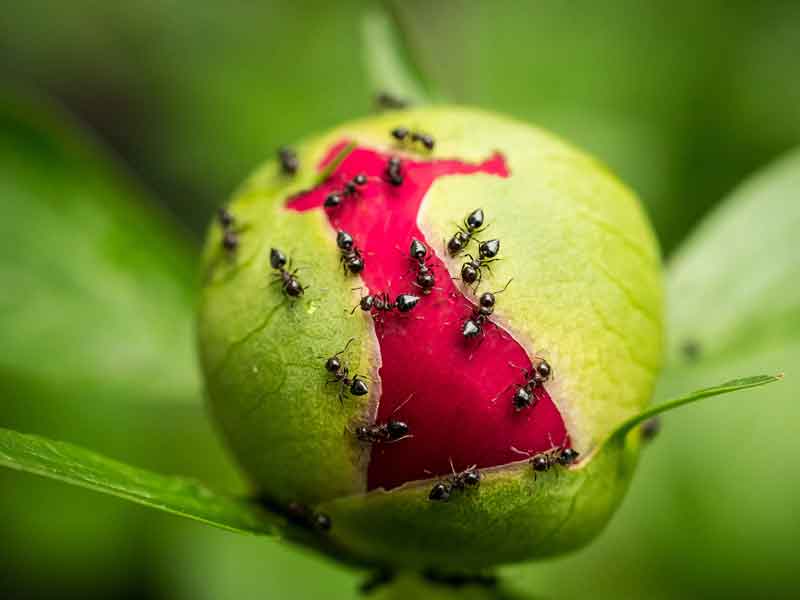

Ants that participate in pollination are typically ones that can fly because then they are able to distribute pollen grains over a wider area. However, any pollen exchange that does occur with ants is limited to a small population of plants because the insects walk from flower to flower. One of the most common instances is ants that pollinate peonies! The relationship between insects and humans will always be an interesting one. It’s important to remember that sometimes these creatures are more than their bad reputations: they’re pollinators.
For more information on essential pollinators, check out our other Pollinator Feature blogs or make a trip to the Garden to check out Butterflies & Blooms this summer!
Sources
